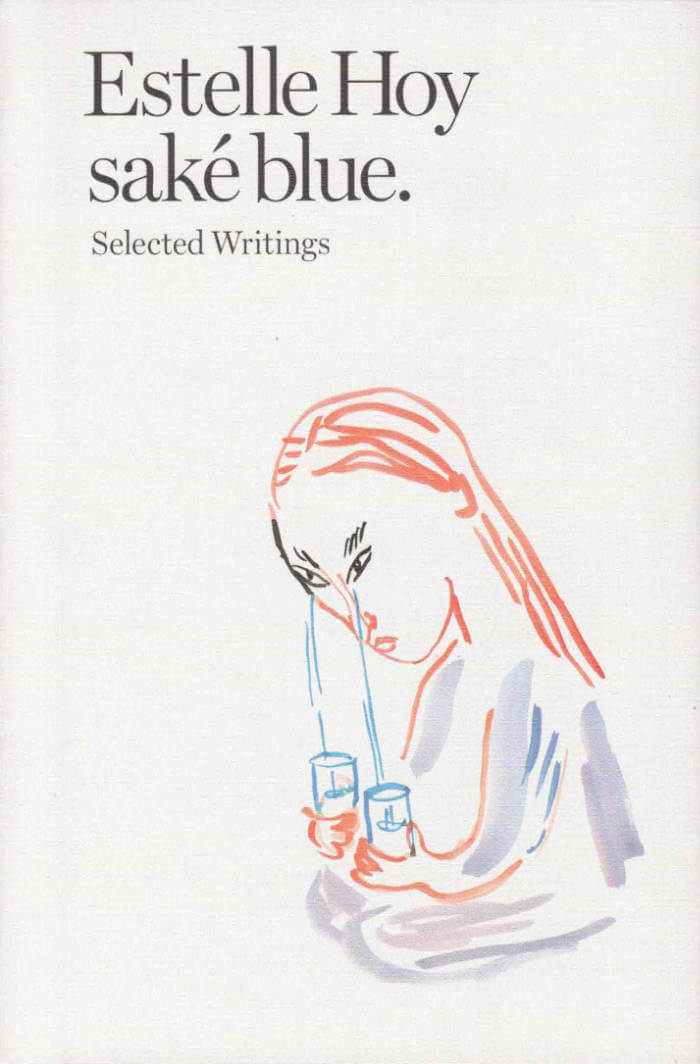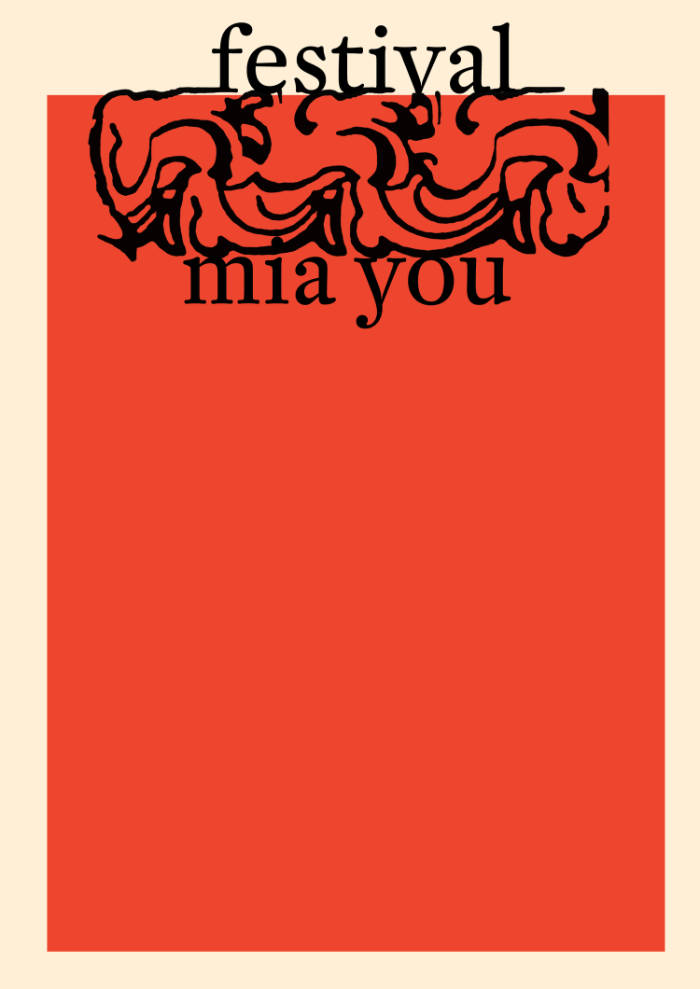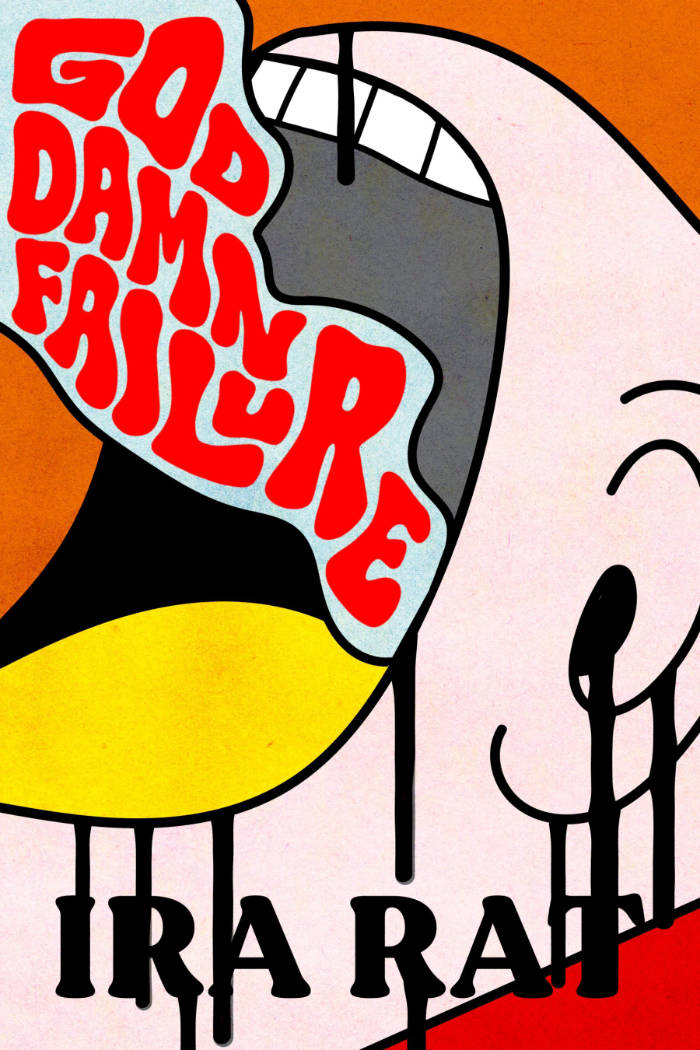
Yes, I Am A Destroyer
I travel far across the city, cut it knowingly, concealing behind me the entrances to tunnels, altering the signage. I traverse the grimiest bowels, skirt the farthest wettest edges like a silverfish active only in the hallucinatory hours, to avoid becoming known, to avoid any collusion between my body and theirs, its.
Under the neon sky of a sick city, which might be London, a nameless governess oscillates between lucidity and dissociation, solitude and communication, wage labour and escape attempts. A wild and unreliable narrator-without-character—ardent, delirious, complicit, vengeful, and paranoid—she embodies a perverse and chaotic resistance. Simultaneously demonic and angelic, both maniacal and generous in her fury, accidentally elegant, tongue tied and barbed, she veers towards defiance as devotion. An anti-Bildungsroman in the collapsing first person, Yes, I Am A Destroyer is an unbecoming record of memory and forgetting, of a relentless undoing.
‘Any girl who learns how to read is already a lost girl, wrote the infamous confessionalist Rousseau. But if that lost girl, with insatiable pronoun, bastard spawn perhaps of the exiled Genevan, palmed a pen and confessed—how would that read? What can she know? With relentless intelligence and urgent prosody, Mira Mattar shows us. She invents a narrator in the raging anti-tradition of Violette Leduc and Albertine Sarrazin, leaps beyond the cloying contract of capital with the feminine, of intimacy with violence, to animate a lush document of the refusal of subjection. Much like the young Jean-Jacques, she’s a tutor underpaid for her sensitivity. She is, like him, a thief of small things, a sponge for the edifying comportments of the employing class. What she makes of her servitude—a fabulously grotesque encyclopedia of sensing—is dedicated to female anger. Scrubbing, washing, chewing, frigging, barfing, stealing, moisturising, shitting: every surface, every gesture, is appropriated to her bodily resistance. ‘Live anyway’ is her stoic motto. This glorious tract ends with a call for the anarchical vigour of the animal body we share. Read it and flourish. You will perhaps be invoiced.’
–> Lisa Robertson
Mira Mattar writes fiction and poetry. She is an independent researcher, editor, and tutor. A Palestinian/Jordanian born in the suburbs of London, she continues to live and work there. She has read and published her work widely. Yes, I Am A Destroyer is her first book.







